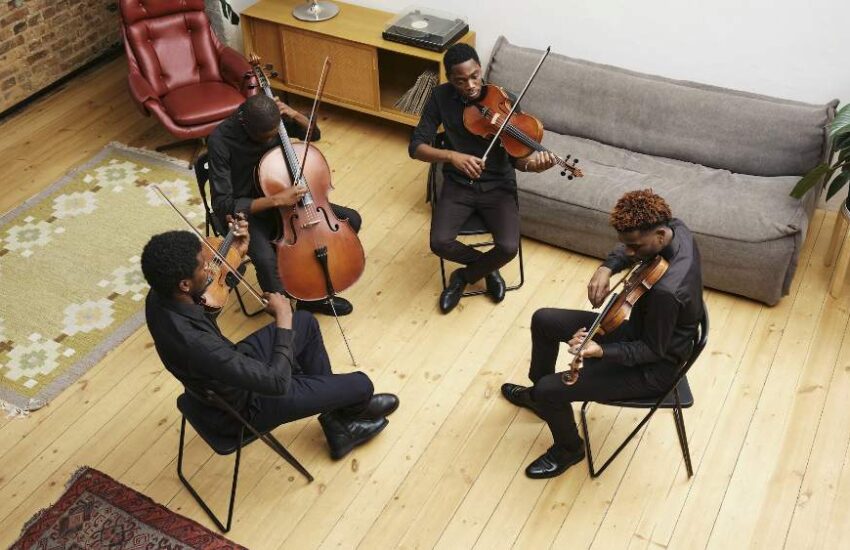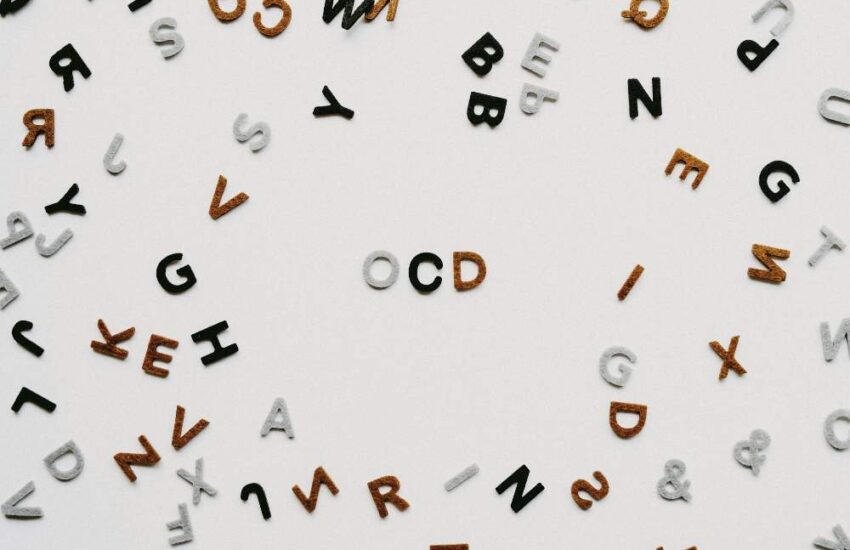How Do Toys Help Development?
Toys are more than just playthings; they are pivotal tools that contribute significantly to a child’s development. From a young age, toys are essential in engaging a child’s sensory skills, sparking creative thoughts, and encouraging social engagement.
This article explores how toys can aid various aspects of developmental growth in children, reinforcing skills that will be utilized throughout their lives.

Fostering Language Skills
Interactive toys and games greatly support the development of language skills. Dolls, action figures, and role-playing sets allow children to create narratives and dialogues, enhancing their language and communication skills.
Children learn new words, understand sentence structure, and improve their conversational abilities by conversing with imaginary characters or fellow playmates. Toys like Jake the Dog from popular children’s shows also contribute to this development by providing familiar phrases and context for imaginative play.
Enhancing Cognitive Abilities
Toys serve an important function in advancing a child’s cognitive skills. Items like building blocks and puzzle games are pivotal in teaching problem-solving strategies. These types of toys require a child to think critically and sequentially, helping to develop their ability to solve problems creatively and efficiently.
Additionally, toys that involve memory games or require children to recognize patterns and shapes help hone their cognitive skills by improving their memory and recognition abilities.
Supporting Emotional Growth
Toys can also be integral in the support of emotional and social development. Children learn the values of sharing, patience, and taking turns through cooperative play, such as board games and team sports.
These interactions are crucial for developing empathy and awareness, as they teach children to discern and respond to others’ emotions. Additionally, dolls and stuffed animals can serve as “comfort toys,” offering security and helping children to manage their emotions.
Boosting Physical Development
Toys designed for outdoor play and physical activity greatly enhance physical development. Bikes, tricycles, and balls help improve motor skills, balance, and coordination. These toys encourage a healthy lifestyle through active play and develop gross motor skills essential in everyday tasks and physical education.
Fine motor skills are cultivated through the use of smaller toys requiring more precise hand-eye coordination, such as bead threading or block stacking.
Encouraging Creative Expression
Creative expression is another area significantly impacted by toys. Art supplies like crayons, markers, and clay provide the tools for children to express themselves creatively and innovate.
This form of expression is crucial for emotional and mental health, providing an outlet for feelings and thoughts. Toys and instruments that involve music, like keyboards and drums, also promote creativity in addition to teaching rhythm and the basics of musical composition.
On A Final Note
Toys are fundamental to a child’s development. They build cognitive, language, emotional, physical, and creative skills that form the foundation of future learning and success. Beyond their role in education and skill development, toys provide joy and entertainment, making growing up engaging and enjoyable.
Parents and educators can significantly impact their growth and development by carefully selecting appropriate toys for a child’s developmental stage, ensuring they gain the necessary skills to become well-rounded individuals.


